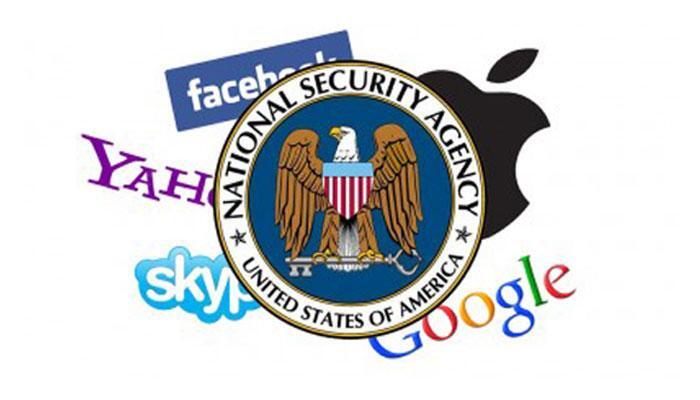Rio de Janeiro, June 23 (Xinhua-RHC), -- Brazil's new set of Internet regulations came into effect on Monday in a bid to tighten security after the espionage scandal exposed by former U.S. intelligence contractor Edward Snowden.
The 'Marco Civil da Internet' bill was signed into law in April by President Dilma Rousseff, and defines the duties and rights of Internet users and providers.
Online security and privacy issues attracted attention in late 2013 after reports that the U.S. government had spied on Brazil's private communications, including e-mails and phone calls.
The reports also said President Rousseff, other government officials, and Petrobras, Brazil's state-controlled oil and gas company, were targeted.
The new law means providers can sell Internet access services based on maximum speed, but cannot restrict content. To ensure users' privacy on the web, Internet providers, for example, are forbidden from spying on the content that their clients access. Companies are also forbidden from selling people's personal data.
In a move to ensure freedom of expression, companies cannot remove content posted by users without a court order, unless the content is related to, for example, pedophilia or pornographic pictures or videos.


